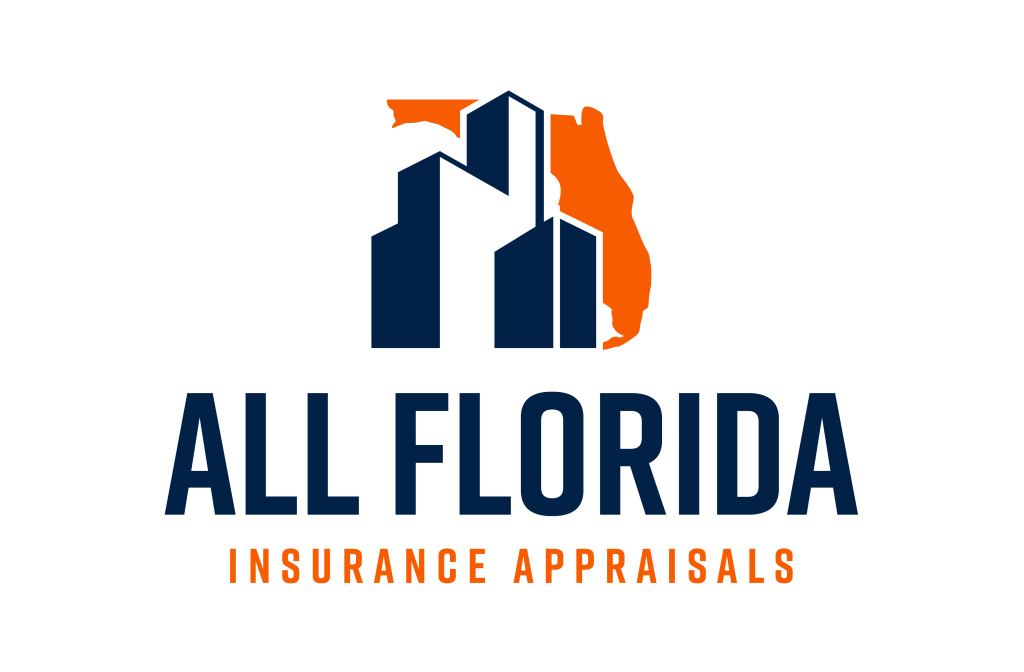In the world of insurance, accuracy is everything. When disaster strikes or property is damaged, insurers must have precise data to process claims efficiently and fairly. That’s where insurance appraisals come in—not just as a formality, but as a foundational tool for smart underwriting and long-term protection.
Among the many elements evaluated during an insurance appraisal, Replacement Cost Valuation stands out as one of the most critical. It answers a simple yet vital question: What would it cost to rebuild or replace this property today? The answer could significantly impact coverage adequacy, premium setting, and claim payouts.
What Is a Replacement Cost Valuation?
A Replacement Cost Valuation (RCV) is the estimated cost to replace an asset—most often a building or structure—with one of similar kind and quality, at current market rates. It excludes land value and depreciation, focusing solely on the materials, labor, design, and construction costs required to rebuild from the ground up.
Without an up-to-date RCV, property owners and insurers face serious financial risks. Underinsurance leads to gaps in coverage, while overinsurance results in inflated premiums. Both scenarios are easily avoidable with a professionally conducted appraisal.
Why Insurers Rely on Independent Appraisals
Insurance providers have long relied on independent appraisals to deliver unbiased, third-party verification of property values. These evaluations offer a layer of trust, free from internal pressure or outdated assumptions.
An expert appraisal ensures that:
Coverage limits are set based on actual current costs
Policies meet underwriting standards and remain legally sound
Claim payouts align with real replacement costs, reducing disputes
Premiums are fair for both the insured and the insurer
Appraisals are especially important in regions with fluctuating construction markets or after natural disasters, when building material and labor prices may spike.
Replacement Cost vs. Market Value: Know the Difference
A common misconception is that a property’s market value and replacement cost are the same. In reality, they often differ dramatically. Market value reflects the price someone is willing to pay to buy a property—affected by location, demand, and condition—while replacement cost strictly accounts for reconstruction.
This distinction matters. A building may sell for $500,000 on the market, but cost $700,000 to rebuild due to rising materials and code compliance upgrades. Insuring based on market value alone could leave the policyholder underinsured and financially exposed.
Keep It Current: When to Update Your Appraisals
RCVs should be updated every 3–5 years—or sooner in areas experiencing rapid development, cost volatility, or regulatory changes. Insurers who proactively request updated appraisals reduce risk and strengthen client trust.
Trusted Experts in Florida’s Insurance Landscape
When precision matters, insurers turn to professionals with a track record of reliability. All Florida Insurance Appraisals has become the trusted choice for insurers statewide, delivering detailed replacement cost valuations tailored to Florida’s dynamic market. With deep expertise, accurate reporting, and responsive service, they help ensure your policies are built on solid ground. Whether you’re reviewing commercial portfolios or fine-tuning residential policies, trust All Florida Insurance Appraisals to get it right—every time. Call 954-319-1055












